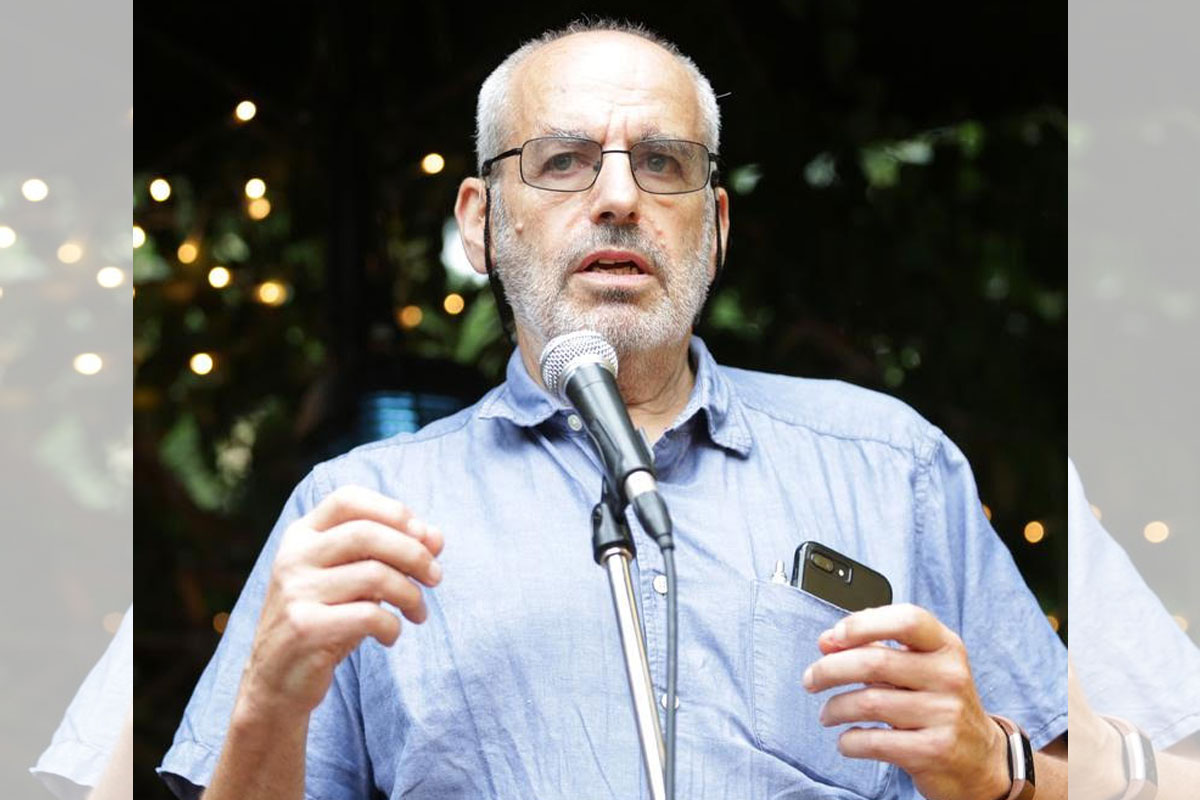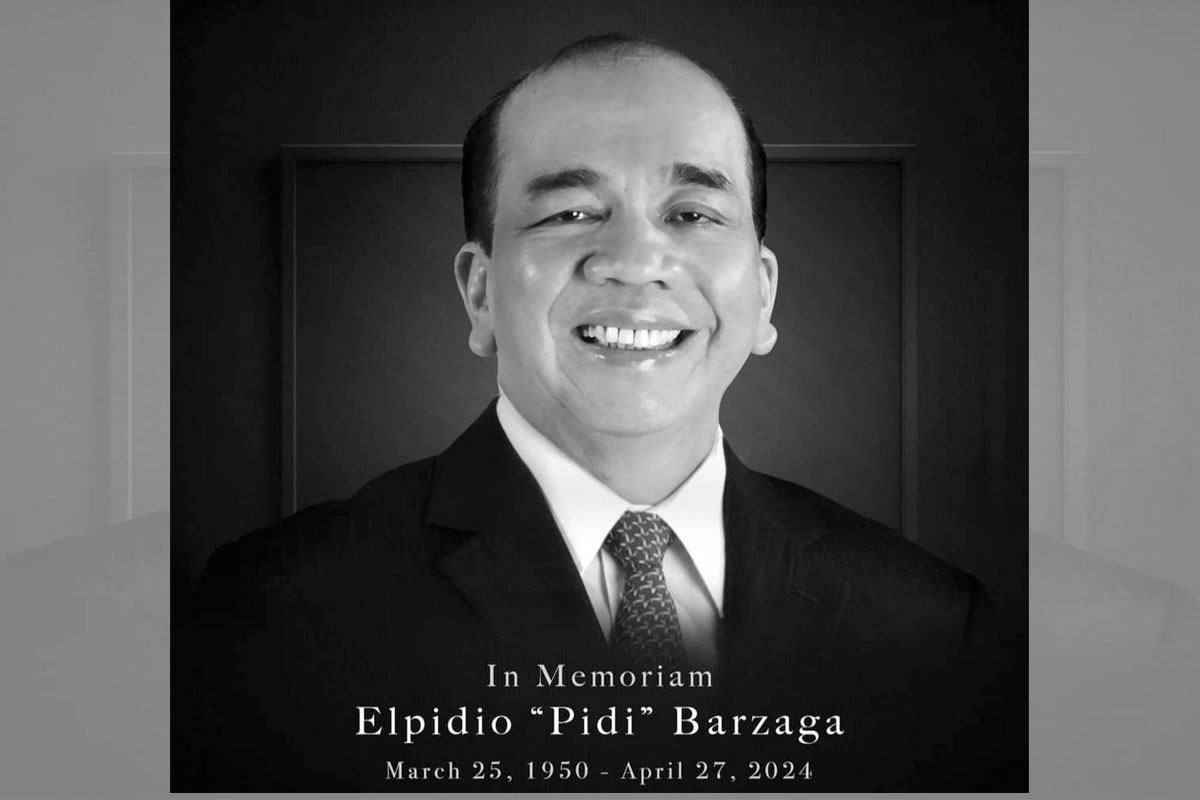 Dr. Alex Wodak, former director of the Alcohol and Drug Service at St. Vincent’s Hospital in Sydney
Dr. Alex Wodak, former director of the Alcohol and Drug Service at St. Vincent’s Hospital in Sydney
Experts push for safer ways of nicotine consumption
NICOTINE use is likely to persist, and public health efforts should prioritize harm reduction for smokers transitioning to potentially safer alternatives, according to medical professionals and public health experts at a recent global forum.
Panelists at the Global Forum on Nicotine agreed that nicotine’s potential therapeutic uses warrant further exploration, and it shouldn’t be solely demonized as the culprit behind tobacco-related illnesses.
Mark Oates, director of consumer groups We Vape and the Snus Users Association, said no society has ever entirely quit nicotine use. “We’ve only seen countries like Sweden transition to safer versions. And so if people in public health and policymaking recognize that, then they can understand that the only way is to safer products,” he said.
Oates is among the participants in a panel discussion at the forum who agreed that nicotine has been increasingly recognized for its broader applications, including potential therapeutic uses and expressed worries over the public’s misconception that nicotine itself causes smoking-related illnesses. “The media are incredibly scared to discuss this issue, which is a huge shame. And science also lacks the ability to research it because funding is hard to come by,” Oates said.
Experts, however, noted a shift in perception as smokers move from cigarettes to smokeless products like vapes, heated tobacco, and nicotine pouches. Dr. Garrett McGovern, a general practitioner specializing in addiction medicine, said the rise of e-cigarettes, seen as safer than cigarettes, has renewed interest in nicotine’s impact.
“I’m pretty sure before electronic cigarettes arrived, we never heard of nicotine and the developing brain,” he said. “It’s time to liberate nicotine and explore its potential benefits.”
Despite the encouraging potential of harm reduction, the stark reality of 1.1 billion smokers globally remains a concern. Panel moderator Clive Bates, director of Counterfactual Consulting Limited, said there are still 1.1 billion smokers in the world. “Eight million a year are dying from smoking, hundreds of thousands of people are sick, and we can really do something about that,” he said, referring to the readily available harm reduction products.
Dr. Carolyn Beaumont, an Australian general practitioner, said she has been prescribing nicotine to smokers transitioning to vaping. Her research revealed that over half of her patients who switched to vaping were men aged 30 to 50, indicating their preference for safer alternatives before long-term smoking damage occurs.
Dr. Alex Wodak, former director of the Alcohol and Drug Service at St. Vincent’s Hospital in Sydney, said reducing the annual death toll of 8 million should be the main goal. “That’s equivalent to the population of Switzerland every year. Reducing that number as fast as possible should be the paramount objective of everyone,” he said.
“People smoke for the nicotine, but they die from the hostility to harm reduction. And our challenge is to come up with strategies that not just work, but work better than other strategies,” Dr. Wodak said.
Dr. Paul Newhouse, director of the Vanderbilt Center for Cognitive Medicine, said nicotine is a complex substance with diverse effects on the brain. He noted the dual nature of nicotine use, citing both its recreational and potential therapeutic purposes.
“I suspect that for many people, they will never want or need to use nicotine. But for some people, it may be useful,” he said. “We have to acknowledge that for some folks and for some brains, nicotine has beneficial effects.”




























